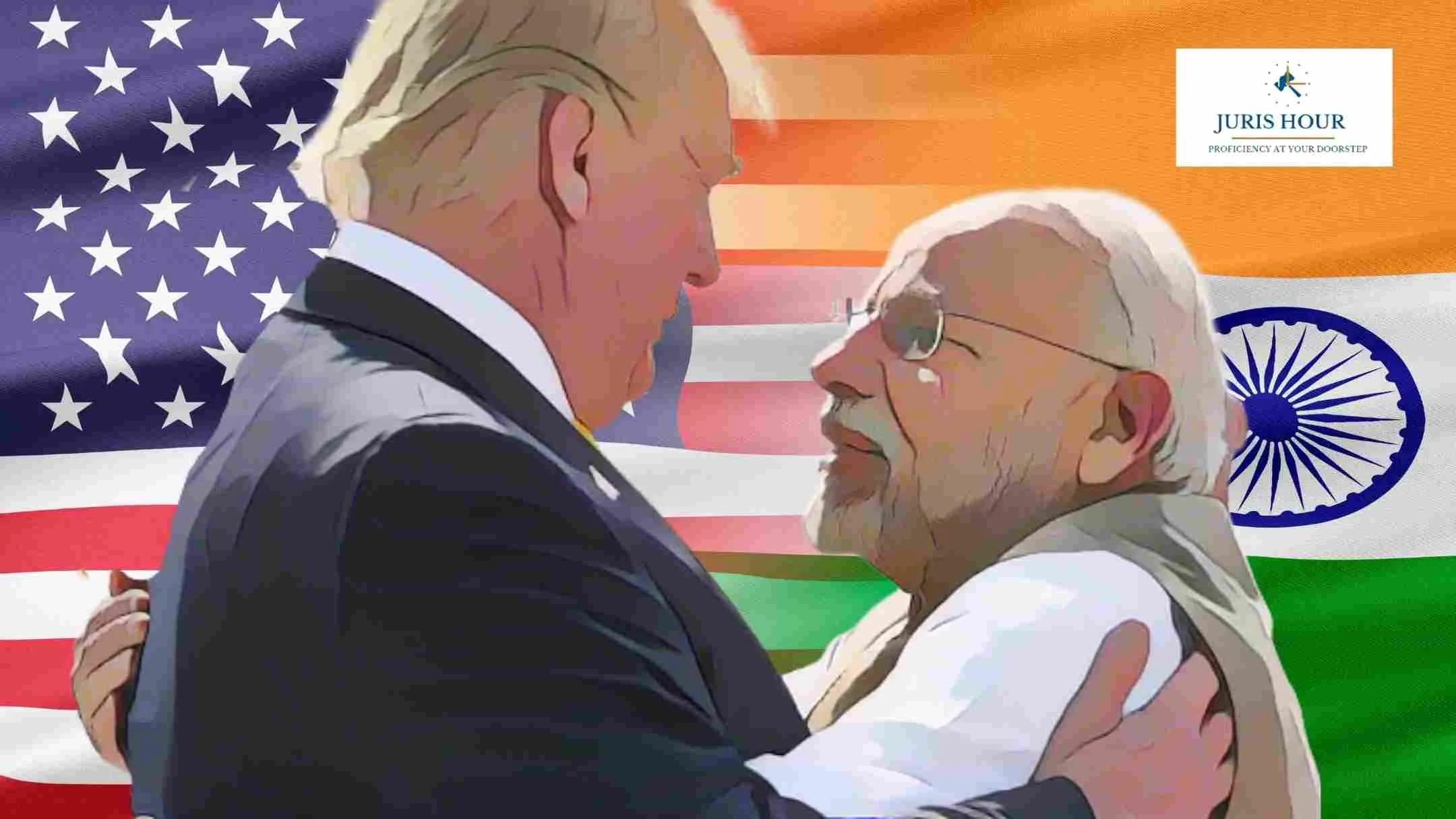The United States is pushing for a major trade agreement with India that would ease market restrictions and lower tariffs on key agricultural commodities. President Donald Trump recently described the forthcoming pact as a “very big” deal that would “open up India” and allow American businesses to compete with fewer trade barriers. However, the Indian government has drawn clear “red lines” in the negotiations, particularly concerning its agriculture and dairy sectors.
Finance Minister Nirmala Sitharaman, speaking to the Financial Express, underscored India’s stance: “There’s no way we could do anything that would weaken our agriculture, our farmers’ positions.” These red lines revolve around four primary products—corn (maize), ethanol, soyabean, and dairy—each of which is subject to stringent tariff and non-tariff controls.
Corn: GM Imports Remain Sensitive
The US, the world’s largest maize producer with an estimated 377.6 million tonnes output in 2024-25, is seeking access to India’s market, particularly for genetically modified (GM) corn. In contrast, India produced only 42.3 million tonnes and does not currently permit the cultivation or import of GM maize.
India allows limited annual maize imports (up to 0.5 million tonnes) at a 15% duty, with quantities above this attracting a 50% rate. A proposal under consideration involves permitting GM maize imports strictly for ethanol production, thus avoiding its entry into the food chain. However, this faces resistance from domestic sugar mills, which fear that grain-based ethanol will marginalize sugarcane-based supply—already under pressure as grain-derived ethanol accounted for 57% of supply in 2023-24.
The political landscape also complicates matters. Bihar, heading into assembly elections and being India’s third-largest maize-producing state, may resist such changes.
Ethanol: Restricted for Fuel Use
The US also dominates global ethanol production, exporting $4.3 billion worth in 2024. India was its third-largest export market, valued at $441.3 million. However, Indian policy only allows ethanol imports under an “actual user” license and strictly for industrial purposes—not for blending in petrol.
India’s Ethanol Blending Programme (EBP), which aims to reduce dependence on imported fuels and boost demand for domestically grown crops, projects fuel ethanol consumption at 9,650 million litres out of a total 11,350 million litres in 2025. Allowing fuel ethanol imports could undermine this strategy and, as such, remains a non-negotiable point for New Delhi.
Soyabean: Concerns Over GM Protein Content
Although India permits the import of genetically modified soyabean oil, it prohibits the entry of raw GM soyabean and de-oiled cake (DOC) due to concerns over GM protein content. The US, a major exporter with yields far exceeding India’s, is seeking access to sell soyabean for oil extraction.
A NITI Aayog working paper recently suggested a workaround—import GM soyabean for oil extraction, sell the oil domestically, and export the DOC. However, this proposal was quickly withdrawn amid backlash. Given soyabean’s widespread cultivation across politically sensitive states like Madhya Pradesh, Maharashtra, and Rajasthan, the likelihood of policy relaxation remains slim.
Dairy: Cultural Sensitivities and Market Protection
India maintains some of the highest tariffs on dairy imports—30% on cheese, 40% on butter, and 60% on milk powder. Additional regulations require that imported dairy products come from animals not fed with internal organs or blood meal, a condition rooted in cultural and religious norms.
While the US claims these restrictions are non-scientific and trade-inhibiting, India has shown little inclination to dilute its stance. Though the US is not as dominant in dairy exports as New Zealand or the EU, it may use this issue as a bargaining chip in negotiations over other agricultural products.
The Political and Economic Crossroads
Opening India’s market to these products could affect millions of farmers and require a re-evaluation of policies on genetically modified crops and food safety. With elections looming in several states and domestic agricultural interests at stake, India’s position remains firm.
As the trade talks advance, Washington’s ambition to penetrate India’s agri-market will likely continue to clash with New Delhi’s commitment to farmer welfare and food sovereignty. Whether a middle path can be found remains uncertain.

